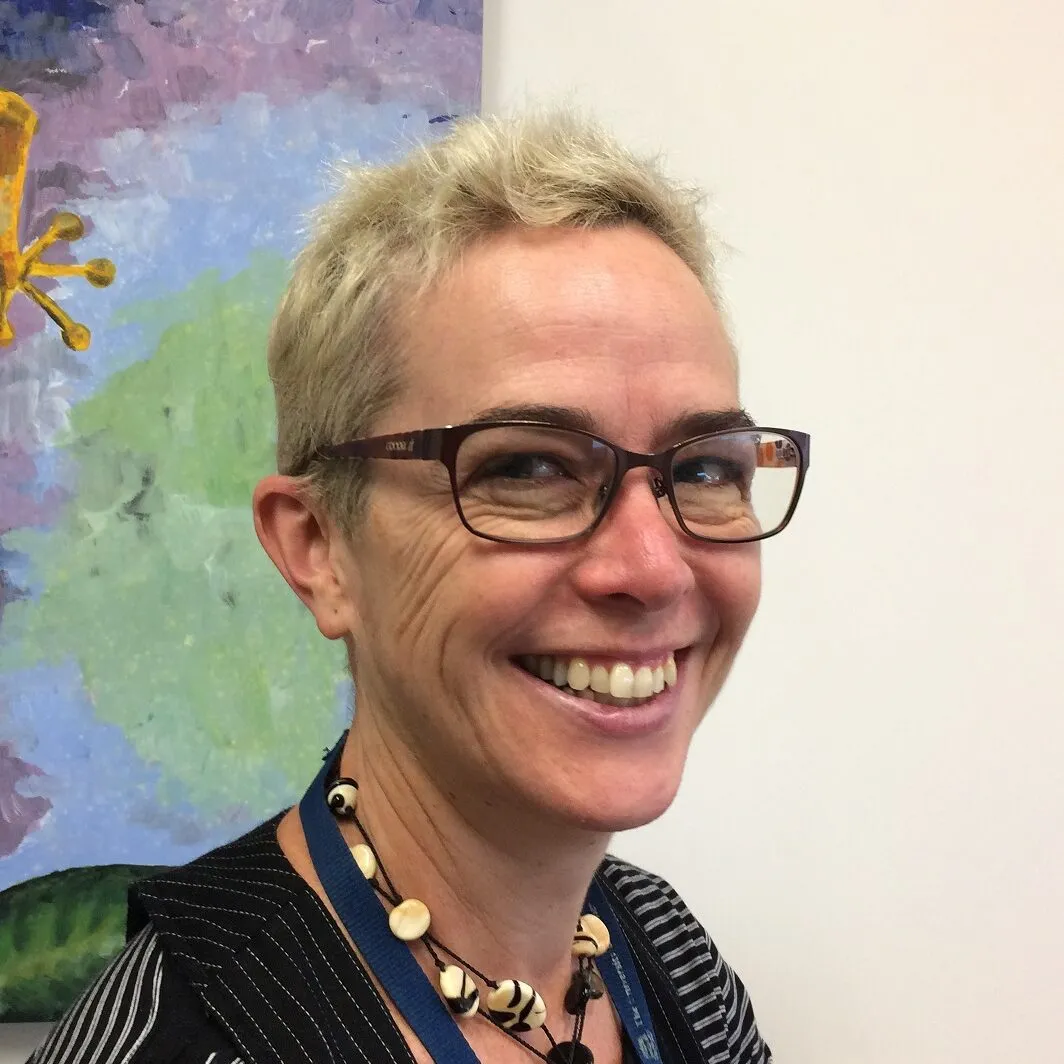Associate Professor Michelle Peate
A/Prof Michelle Peate is the Program Leader for the Psychosocial Health and Wellbeing Research (emPoWeR) Unit based at the Department of Obstetrics, Gynaecology and Newborn Health, University of Melbourne. In her current role she is overseeing a number of research projects in psychology, cancer and reproductive health.
Her main goals involve the development of resources for people who need them, and their evaluation through prospective, multi-centre psycho-oncology studies. Her research portfolio has involved the development and implementation of a number of patient resources, including a fertility-related decision aid for young women with early breast cancer (now available from the Breast Cancer Network Australia) and a booklet on breast cancer and early menopause (available from the National Breast and Ovarian Cancer Centre). Her work in this area is both nationally and internationally recognised - resulting in a number of awards, including a 2011 NSW Young Tall Poppy Award from the Australian Institute for Policy in Science, international invited presentations, and roles on clinical practice guideline committees.
Michelle has also been involved in pioneering the development and implementation of Standard Operating Procedures in Psycho-oncology. These documents provide a gold standard for all stages of research from concept development though to closeout. She has been involved at all stages of the research projects and has developed an excellent understanding of research governance. Having worked on both sides of the fence has given A/Prof Peate a 'whole' view of research and it's processes.
Current projects include the development of fertility decision aids for young women with early breast cancer and endometrial cancer, for parents of children with cancer, and for women considering elective eggs freezing. She is also developing an online fertility ‘calculator’ for young women with breast cancer and a platform to manage common symptoms (e.g. menopause) following cancer. Michelle also has interests in the unmet needs of women with endometriosis and adolescents who experience heavy menstrual bleeding and pelvic pain, and in reproductive decision-making amongst the general population and fertility treatment setting.



.png)
.jpg)






















.jpg)
.jpg)

.jpeg)

.jpg)








.jpg)
.jpeg)






